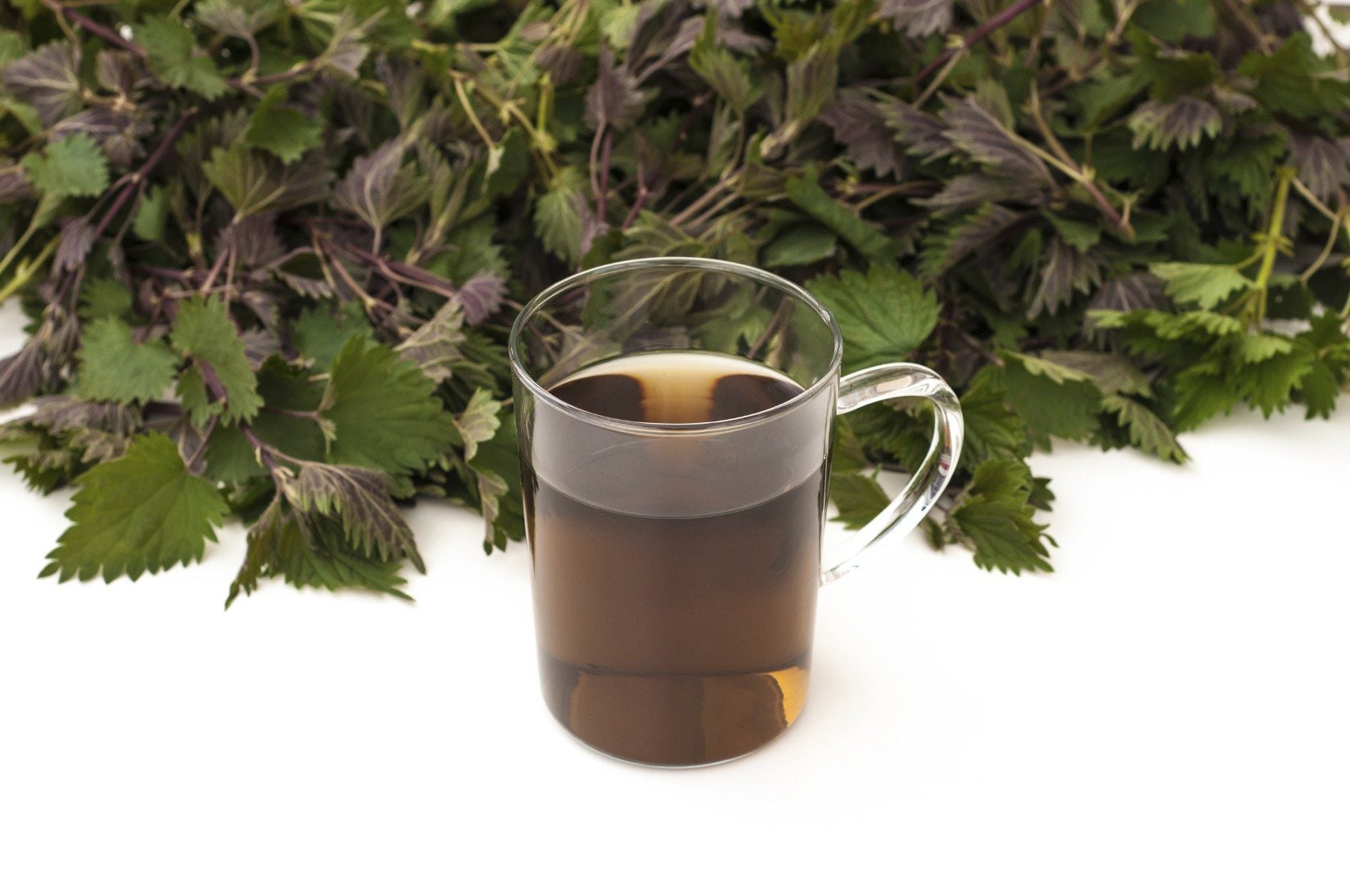Herbal Tea For Plants: Information On Herb Based Fertilizers


Sign up for the Gardening Know How newsletter today and receive a free copy of our e-book "How to Grow Delicious Tomatoes".
You are now subscribed
Your newsletter sign-up was successful
The rise of chemical use in the garden raises concerns for those of us disquieted by the effects of toxins in the air, water, and earth. It comes as no surprise that there are numerous DIY and natural garden remedies making their rounds in publications and the internet. Organic plant fertilizer methods have been around since cultivation first began and modern know-how has increased the number of herb-based fertilizers and natural plant feeding practices. A healthy garden starts with natural fertilizers from herbs combined with cultural routines that enhance soil and plant health.
Herbal Tea for Plants
Herbs have been used as restoratives, medicines, and tonics for centuries. Their benefits are un-arguable as evident by store shelves filled with beauty, health, and wellness products containing natural herbs. What's good for you is also good for your garden. Herbal tea for plants is one way to give your plants a booster shot of well-being with organic, time-honored goodness. Plus, herbs are hardy, easy to grow, and have a host of other uses besides fertilizer. Most of us have heard of the benefits of compost tea or even tea made from the castings of worms. The nutrients really come out when the compost is soaked in water and are easily dispersed, soaking into the soil and allowing roots easy uptake. Plant teas are a bit different from the tea we drink in that you don't have to boil the water. Most are made by simply soaking the herbs for several days in a big bucket of water. Stirring the mixture helps release the herb nutrients, as does the addition of a bit of molasses, which speeds up microbial growth. Natural fertilizers from herbs often incorporate molasses for this property. The choice of herbs is up to you, but several types of plants are higher in one macro-nutrient or another, so it is wise to choose a companion herb to balance your organic plant fertilizer.
Plant Choices for Herb Tea Fertilizer
You can start with a single herb, such as comfrey-- which is high in potassium-- and add some alfalfa, which is high in nitrogen. Other herbs to try are:
In order to harness a balance of macro and micro-nutrients, try using a blend of herbs to make herb-based fertilizers. One recipe found on Mother Earth News recommends the following mixture:
The formula uses dried herbs, 1 ounce (30 ml.) of everything except tansy, nettle, mint, and hops (which are used at 2 ½ ounces or 75 ml). Place all the dried herbs in an old pillowcase and immerse them into a 24-gallon (90 L.) trash can filled with water. Agitate the pillowcase every day and wait five days before wringing out the herbs. The liquid is a good base herb tea fertilizer, and the solids can be composted around plants or in the compost heap.
Specialty Herb Based Fertilizers
The above recipe is just one suggestion. You can harness the power of herbs in any combination, just remember that fresh herbs will need to be used at three times the rate of dried herbs. Some interesting combinations might be comfrey and tansy to increase earthworms. Fenugreek is high in calcium, which helps prevent fruiting problems in plants like tomatoes. Add some couch grass, dill, or coltsfoot to enhance potassium and increase blooming on your tomatoes. Many soils are deficient in copper, which causes chlorosis in plants. Herbs that can help increase the amount of copper are yarrow and dandelion. You can play with your base solution to tailor-make herbal blends. Acid-loving plants like a little apple cider vinegar added to their herbal tea, fish emulsion enhances protein, and sugars help increase microbial action in the soil. Herbs are plentiful, easy to grow, and have secrets that are yet to be revealed. Revel in all they can do for your garden.
Sign up for the Gardening Know How newsletter today and receive a free copy of our e-book "How to Grow Delicious Tomatoes".

Bonnie Grant is a professional landscaper with a Certification in Urban Gardening. She has been gardening and writing for 15 years. A former professional chef, she has a passion for edible landscaping.